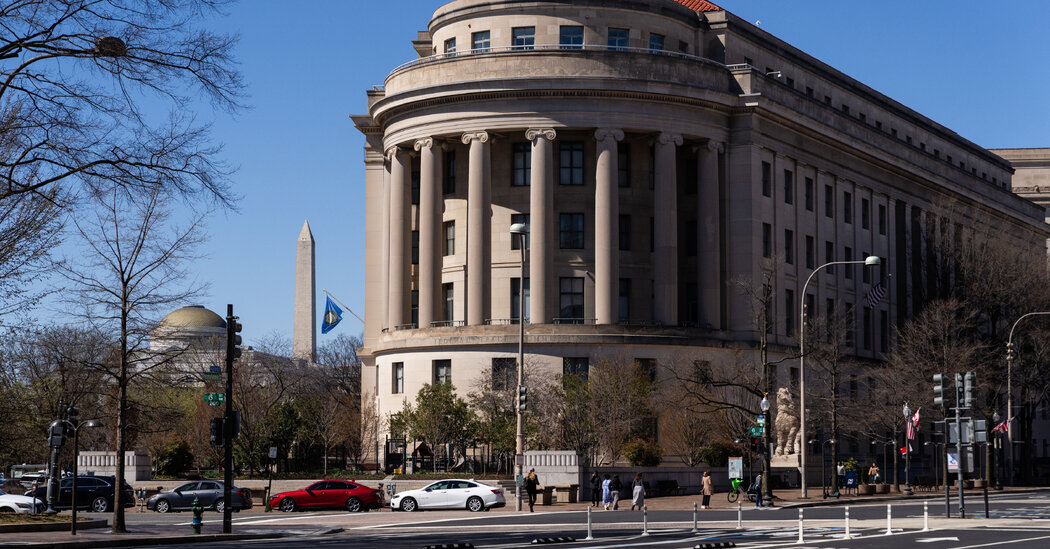Former FTC Members Sue President Trump Over Dismissal
Two former members of the Federal Trade Commission (FTC), both affiliated with the Democratic Party, have taken legal action against President Trump following their recent termination from the agency. The plaintiffs, Rebecca Kelly Slaughter and Alvaro Bedoya, allege that their dismissal represents an unlawful overreach of executive authority.
Background of the Dismissals
On March 18, President Trump dismissed Slaughter and Bedoya, which disrupted the typical bipartisan structure of the FTC, which comprises three members from the president’s party and two from the opposing party. Their lawsuit was filed in the United States District Court for the District of Columbia, arguing that the dismissals were unjustified and contravened federal law.
Legal Arguments Presented
The lawsuit references a significant precedent established by a 1935 Supreme Court ruling, which states that a president cannot remove members of independent regulatory boards based solely on policy disagreements. The legal team for Slaughter and Bedoya emphasized the importance of these longstanding protections, asserting, “In short, it is bedrock, binding precedent that a president cannot remove an F.T.C. commissioner without cause.”
White House Response
While the White House has yet to respond to the specifics of the lawsuit, officials have previously stated that the president holds the lawful authority to manage personnel within the executive branch. This statement underscores the controversial nature of executive power exercised under the Trump administration.
Implications of the Lawsuit
This legal contention comes amid a broader pattern of litigation challenging President Trump’s efforts to expand presidential powers. A series of over 50 court rulings in recent months have put a temporary halt to various administration actions, including deportation measures and the dismissal of civil service employees.
Notably, the lawsuit also implicates the two Republican commissioners currently serving on the FTC—Chairman Andrew Ferguson and Melissa Holyoak—along with executive director David B. Robbins. The legislation establishing the FTC stipulates that commissioners can only be removed for “inefficiency, neglect of duty or malfeasance in office.”
Prior Cases of Termination
This incident is not isolated, as Trump previously dismissed Gwynne Wilcox from the National Labor Relations Board—a decision that was later reversed by a federal court, with the administration appealing that outcome.
Recent Executive Actions
In line with his management of independent agencies, President Trump signed an executive order last month affecting several regulatory bodies, including the FTC. This order mandated these agencies to submit proposed regulations for presidential review and adhere to the legal interpretations of the president and the Justice Department.
Consequences for Slaughter and Bedoya
According to the legal filings, the plaintiffs claim they have been barred from accessing their offices and are publicly listed as former FTC members on the agency’s official website. Furthermore, their staff have been placed on administrative leave, exacerbating the situation.
FTC’s Role in Regulation
The FTC undertakes significant responsibilities in managing corporate America, including filing lawsuits against major corporations. Upcoming proceedings include an antitrust trial against Meta, focusing on allegations of stifling competition. The agency continues to scrutinize large online platforms, particularly regarding their influence on public discourse.
Conclusion
This lawsuit not only challenges the legitimacy of the president’s actions but also raises critical questions about the integrity and independence of regulatory bodies in the face of executive power. The outcomes of these legal proceedings could have lasting implications for the operational autonomy of federal agencies moving forward.


